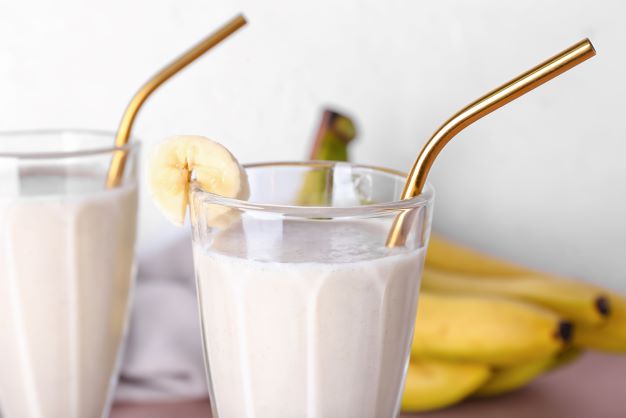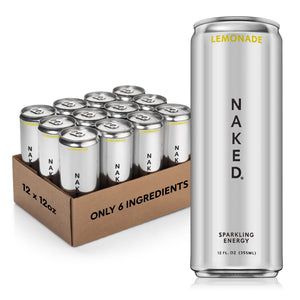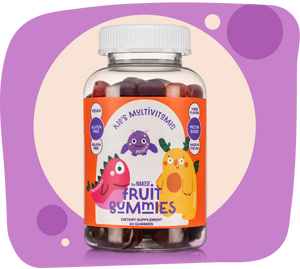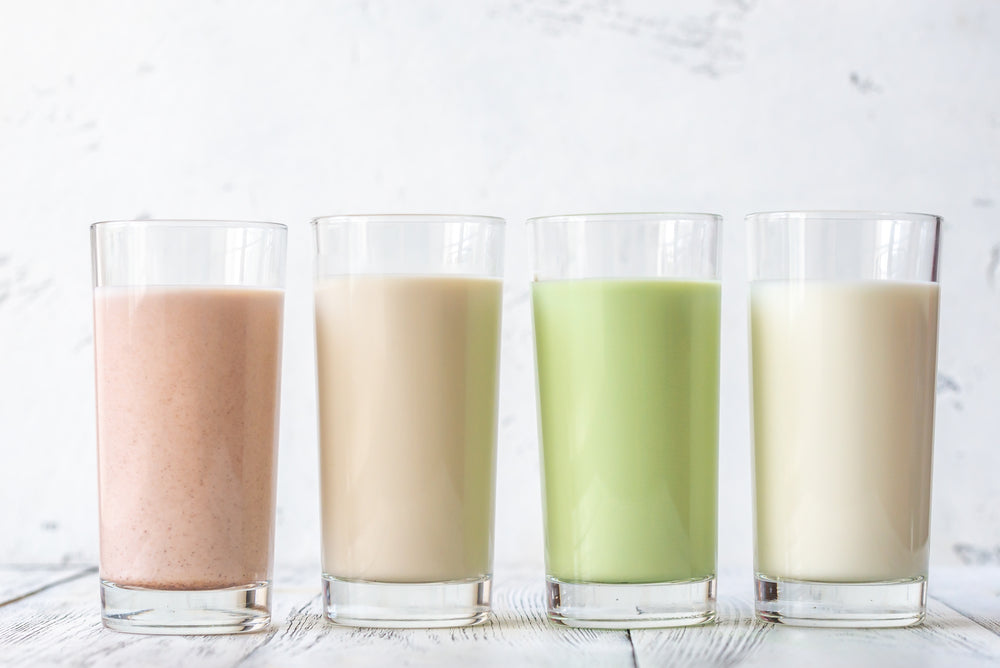You would think that whey protein would be a pretty easy to understand topic, right? I mean, how complicated can whey really be? As it turns out, though, there are several different types of whey available to you. What's the difference? Which type is best?
Whey Concentrate
Here we have the most basic of the whey protein types, concentrate. To understand it, we first need to take a look at how whey – regardless of type – is made.
You start with milk. Some sort of curdling agent, like a rennet or acid, is applied and the solid portion separates from the liquid. Those solid curds are taken away to be made into cheese or casein and the liquid that is left behind becomes your whey. At this point, it is whey concentrate. It is high in complete proteins, but also contains some fat and sugar in the form of lactose. Interestingly, that fat contains numerous highly beneficial nutrients that support healthy immune and cardiovascular function.
Whey Isolate
In order to increase the concentration of protein in their whey, some manufacturers go even further with the processing. Various techniques are used to remove the majority of the fat and sugar from the whey, leaving mostly protein behind.
At first, this might seem like a good thing but remember all those handy nutrients hiding the fat? They're gone now, too. In fact, this processing sometimes breaks down some of the amino acids and makes them more difficult for your body to digest. The extra work that went into these products also means that the cost increases.

Whey Hydrolysate
Still not content, some companies use heat, acid, enzymes or a combination to purposely break down some of the bonds holding the amino acids together. This allows for these nutrients to be rapidly absorbed by your body.
Here's the problem: whey is already rapidly absorbed by your body. The difference made by this extra processing is marginal, but the increase in price is anything but. What you're left with is a much more expensive whey protein that is only slightly better. Typically the processing also makes whey hydrolysate more bitter, requiring it to be doctored up with flavorings and other additives.
Milk Protein
The final type of whey protein is a little confusing. Sometimes vaguely labeled as “milk protein,” this product is typically just a blend of whey and casein – either of the concentrate or isolate variety. Generally, you'll only see this in products that are using multiple protein sources. Since it tells you nothing about the actual blend, you don't have a clear picture of the actual quality of this ambiguous “milk protein.”

And The Verdict
So, which type of whey protein is best? For the sheer value and quality of ingredients, plain old whey concentrate stands out. Although the protein concentration is slightly lower than some of the other varieties it is not enough to make a significant different. Plus, it contains other nutrients beside protein that are missing from the other, more processed, more expensive forms.










